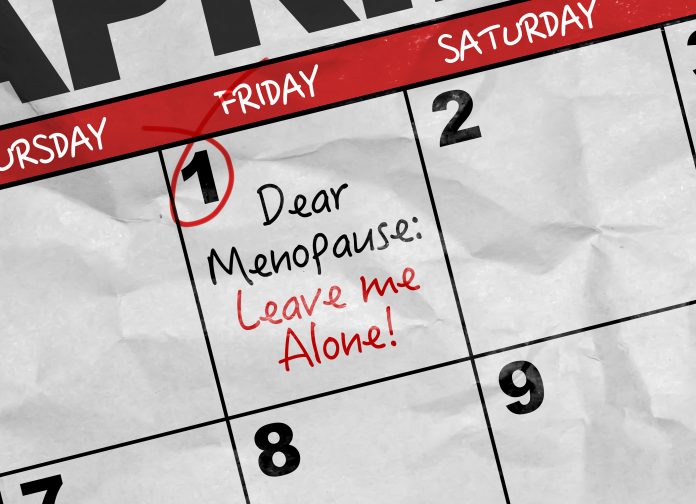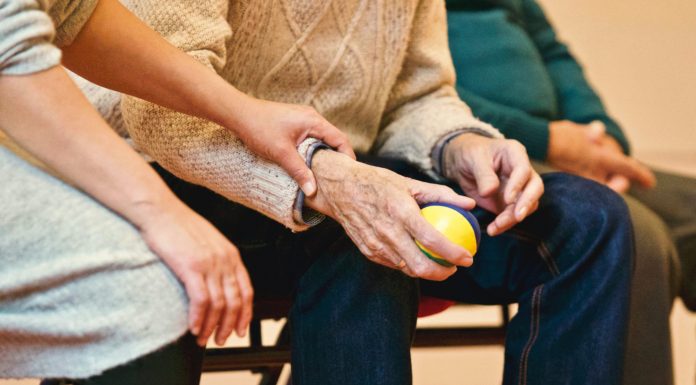Late onset menopause is when a woman reaches 55 and has yet to reach menopause. The average age for menopause is 51 but there is not a set age. Usually a woman enters menopause in her mid forties to mid fifties. Late menopause is more common in obese women because fat produces estrogen. Thyroid disorders can also affect the time when it occurs because of effects on your metabolism.
What are the effects of late onset menopause?
- Since reaching menopause later in life means a woman has a longer period of time with reproductive hormones in her body there can be an increased chance of breast, uterine and ovarian cancers. However, the risk is not that much greater than normal.
- Late onset has statistically shown an increase in longevity. This is because a later onset also corresponds with lower risks of heart disease and stroke. It can also mean less chance of developing osteoporosis, stronger bones and less risk of fractures.
- Since women who have yet to reach menopause still have estrogen which helps to maintain elasticity of the skin, they may have fewer wrinkles and younger looking skin.
- Delayed menopause can also lead to pregnancy at a later age. After age 45, women have a 50% chance of miscarrying should they become pregnant. Those who do carry a baby to full term face an elevated risk of Down Syndrome and other disorders.
Many women are concerned about treating menopause symptoms. Lifestyle changes such as a healthier diet and increased physical activity can help with overall wellness. Alternative medicines such as aromatherapy and massage can be helpful to some women. Herbal supplements are available but always check with your doctor before taking. Hormone replacement therapy works well for many women but also carries its own set of risks.
Women who are still menstruating into their late fifties and sixties should see their healthcare provider. Quite often late onset menopause is caused by a genetic predisposition and may run in your family. There are also certain medications that can lead to a later onset of menopause. Though all women are different and menopause comes at a variety of ages, it’s best to address your concerns with your doctor.
























